22, November 2020
US Politics: Federal judge dismisses Trump campaign Pennsylvania lawsuit 0
A US federal judge has dealt a new blow to President Donald Trump’s long-shot bid to reverse the results of the disputed presidential election held on November 3.
US District Judge Matthew Brann in Williamsport, Pennsylvania on Saturday dismissed a lawsuit which sought to overturn the results in the state, calling Trump’s legal claim a “Frankenstein’s Monster.”
Trump, a Republican, has refused to concede defeat in the election and mounted multiple legal challenges to reverse the results in several key states. His Democratic rival, Joe Biden, was declared the projected winner.
However, his campaign’s efforts have so far met with little success in the courtroom or on the ground.
The court decision paves the way for Pennsylvania to certify Biden’s victory there, which is scheduled to take place Monday.
Brann described the case as “strained legal arguments without merit and speculative accusations,” adding, “This claim, like Frankenstein’s Monster, has been haphazardly stitched together.”
“In the United States of America, this cannot justify the disenfranchisement of a single voter, let alone all the voters of its sixth most populated state,” Brann wrote.
“Our people, laws, and institutions demand more.”
In response, Trump’s lawyer Rudy Giuliani said in a statement he was disappointed with the ruling, adding, “Today’s decision turns out to help us in our strategy to get expeditiously to the US Supreme Court.”
Biden won the state-by-state Electoral College votes, which decide who takes the White House, by 306 to 232, according to media reports.
The Electoral College is set to formally vote on December 14, with certifications to occur beforehand.
States’ certification of results of their popular votes is normally routine following a presidential election in the United States.
However, Trump’s refusal to concede has complicated the process and raised concerns that he could cause long-term damage to American voters’ trust in their voting system.
So far, a limited number of Republicans have recognized Biden as the winner. On Saturday and following the ruling, Pat Toomey, a Republican senator from Pennsylvania, said that Biden “won the 2020 election and will become the 46th president of the United States.”
“President Trump should accept the outcome of the election and facilitate the presidential transition process,” Toomey said in a statement that congratulated Biden.
The ruling came hours after Republicans also asked for a delay in certification in Michigan, another battleground.
In a letter that repeated claims of irregularities in the state which Biden won by 155,000 votes, the Republicans called for a delay of two weeks to allow for a full audit of results in Wayne County.
Republican Party national committee chairwoman Ronna McDaniel and the party’s Michigan chair Laura Cox called on the board to “adjourn for 14 days to allow for a full audit and investigation into those anomalies and irregularities.”
Michigan’s Secretary of State Jocelyn Benson has, however, said that audits cannot be carried out until after certification as officials do not have legal access to the documents needed until then.
On Saturday, she posted on Twitter that there had been “no evidence” to put into question the result of the election.
“In a nutshell: 5.5m Michigan citizens voted,” she wrote.
“The results of their votes are clear. No evidence has emerged to undermine that.”
Trump has rarely appeared in public after the media declared Biden the winner of the election, but has not given up on his provocative Twitter campaign.
“The proof pouring in is undeniable,” he tweeted Saturday.
“Many more votes than needed. This was a LANDSLIDE!”
Source: Presstv
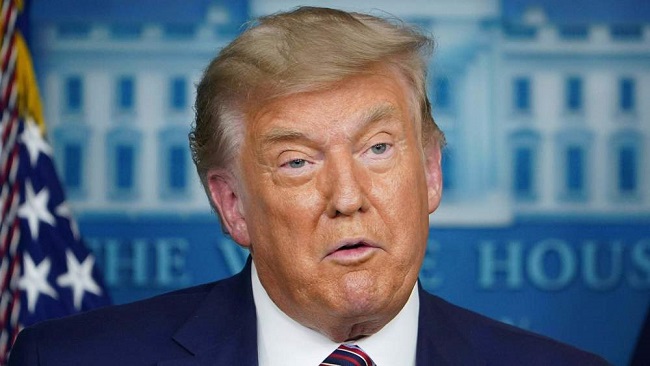

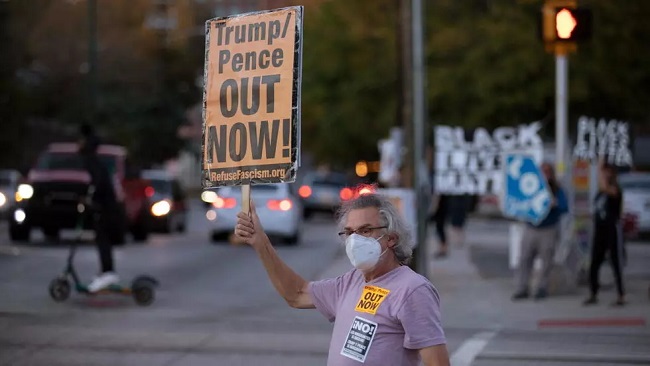

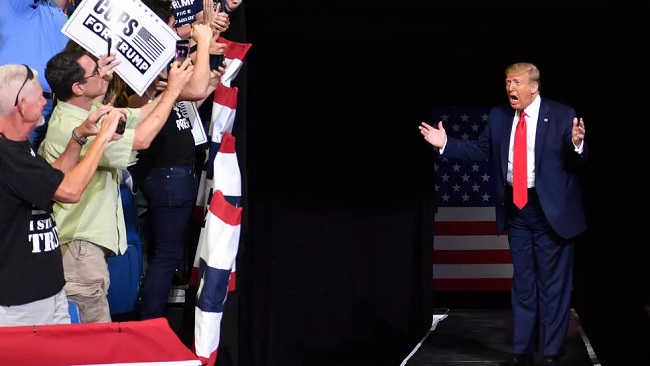
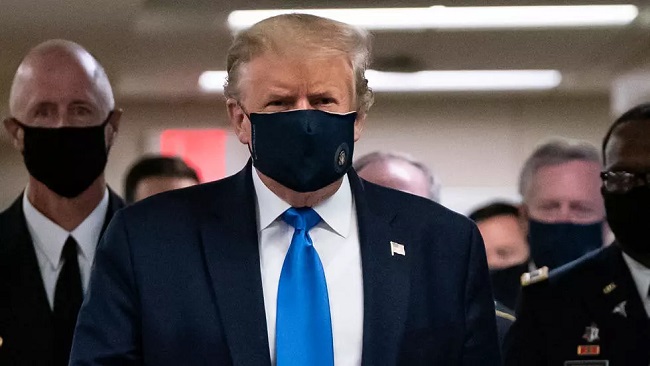

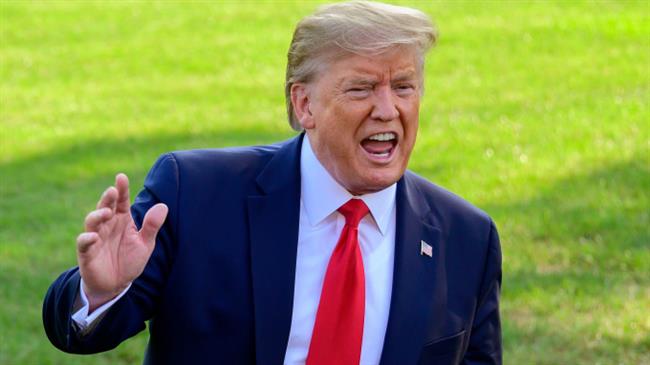
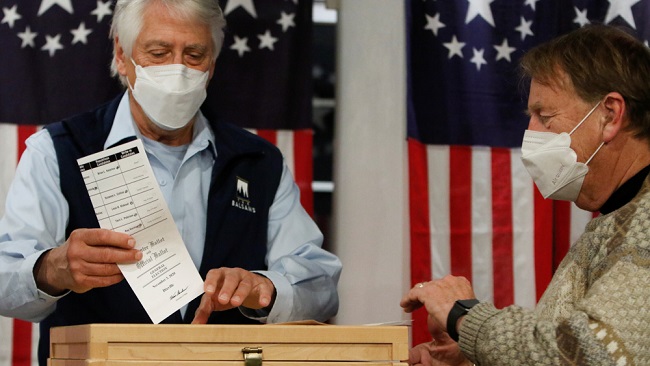


















23, November 2020
Taking the last kicks of a dying horse: Trump campaign parts ways with Powell after vote-switching claim 0
The campaign of US President Donald Trump has distanced itself from Sidney Powell, after the lawyer was widely ridiculed for alleging baseless conspiracy theories related to the disputed November 3 election.
Trump, who has not conceded defeat after the media declared his rival Joe Biden the winner of the election, had tweeted on November 14 that Powell would be a member of his legal team, alongside his personal attorney Rudy Giuliani and campaign legal adviser Jenna Ellis.
However, in a statement on Sunday, Giuliani and Ellis said, “Sidney Powell is practicing law on her own,” adding, “She is not a member of the Trump Legal Team. She is also not a lawyer for the President in his personal capacity.”
In an interview with Newsmax, Powell said that Dominion Voting Systems “has a long history of rigging elections” and that this is “what it was created to do to begin with.”
The statement comes just days after an extraordinary 90-minute press conference at the Republican National Committee in Washington, during which legal team members argued that a broad “national conspiracy” to deny Trump reelection was underway.
The team has mounted multiple legal challenges to reverse the results in several key states. However, the efforts have so far met with little success in the courtroom or on the ground.
Powell said that Trump had beaten Biden in a landslide, despite the fact that Biden won the state-by-state Electoral College votes, which decide who takes the White House, by 306 to 232.
Biden is also set to win the popular vote by more than six million votes.
Source: Presstv